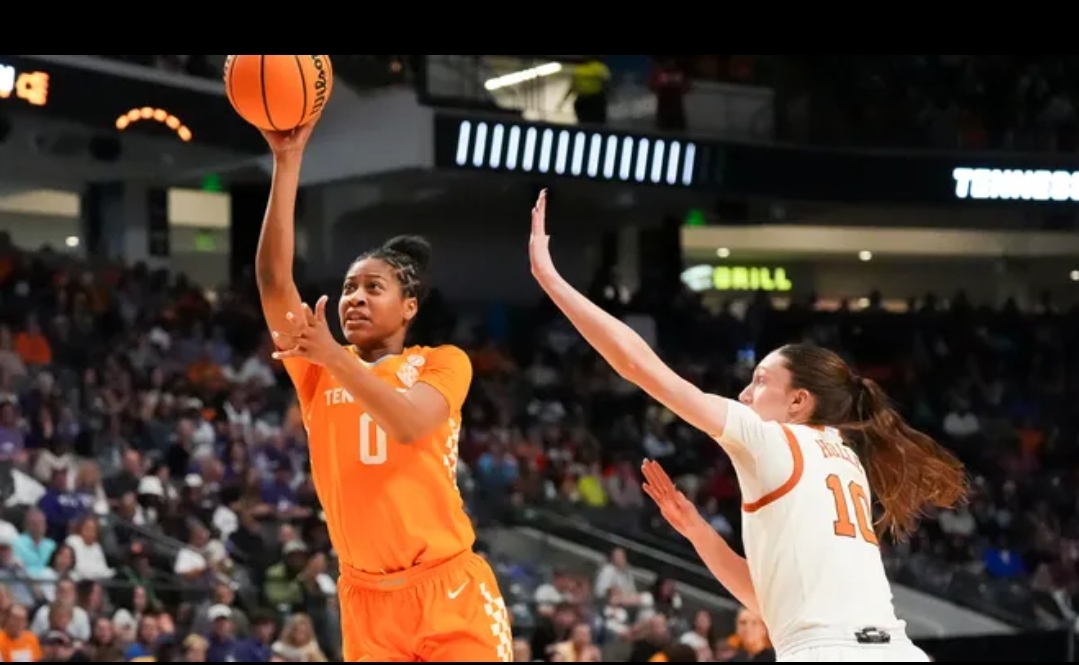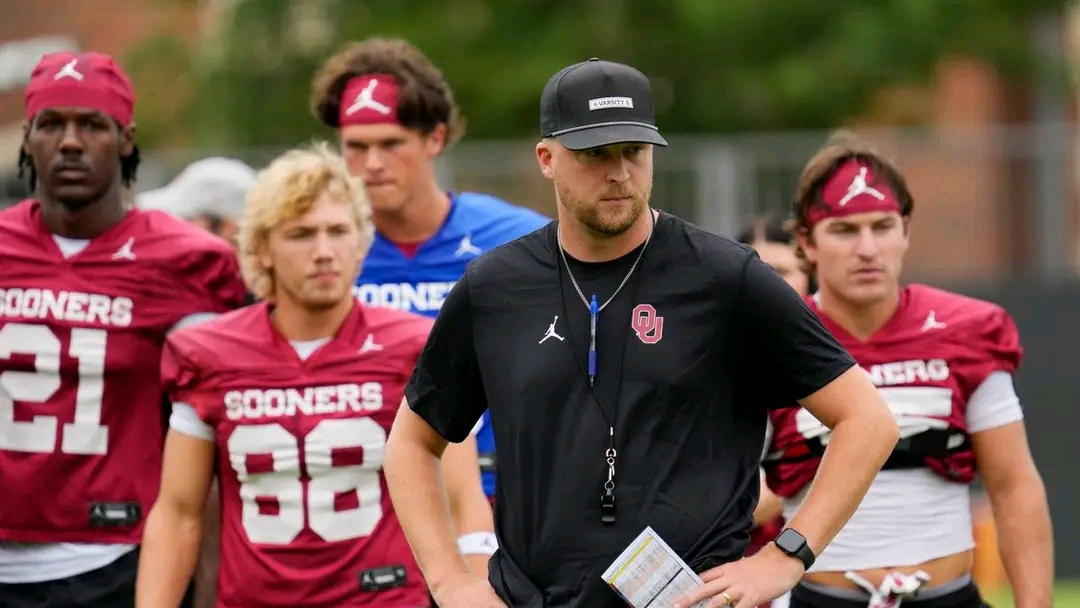While some Arkansans are expressing concern, the recent changes to the state’s NIL (Name, Image, and Likeness) legislation represent a calculated and strategic advantage rather than a financial misstep. The public reaction has been mixed, with critics claiming the law gives unfair advantages to college athletes at the expense of everyday taxpayers. However, a deeper look reveals that this policy is less about favoritism and more about long-term gains for both the state’s athletic programs and broader economy.

Last Friday, Governor Sarah Huckabee Sanders signed off on updates to Arkansas’ NIL legislation. The revised law includes three key elements: it allows colleges to share revenue with athletes, exempts those earnings from state income tax, and shields that financial information from public records requests. Understandably, the aspect sparking the most debate is the exemption from state taxes.
Many taxpayers feel this gives student-athletes a financial break that’s unavailable to others in Arkansas, who work hard and pay their fair share of income tax. On the surface, this criticism is fair—why should one group be treated differently simply because they play sports?
However, the more appropriate question isn’t whether it’s fair but whether it’s beneficial. And when examined through that lens, the answer is a resounding yes.
Analyzing the Financial “Loss”
To begin, let’s assess what the state is really giving up by exempting NIL earnings from taxes. According to data from the Arkansas Department of Education, approximately 4,132 student-athletes are enrolled in universities and colleges across the state. While headlines often highlight million-dollar NIL deals, the truth is far more modest. Sports Illustrated’s NIL Daily reports that the average athlete earns about $21,331 annually from NIL activities. However, the median figure—just $480—paints a more accurate picture of the majority experience. This large gap between average and median suggests that a few big earners are skewing the numbers significantly.
Using the $21,331 average as a rough estimate, total NIL earnings for all Arkansas student-athletes would come to around $88.1 million. If every student-athlete fell into the highest state income tax bracket (which few actually do), the state would collect about $3.4 million in taxes—3.9% of the total earnings.
That sounds significant until it’s compared with Arkansas’s overall tax revenue. In just the first nine months of the 2024–25 fiscal year, Arkansas pulled in over $2.5 billion in personal income taxes. By year’s end, the total is projected to reach about $3.425 billion. So, the NIL tax break accounts for a minuscule 0.1% of total revenue—essentially a rounding error.
To illustrate further, consider public education. The Springdale School District, Arkansas’s largest, costs over $300 million per year to operate. The entire NIL-related tax revenue could only cover about $3.4 million of that, a drop in the bucket. This clearly shows that the economic impact of the tax exemption is minimal.
The Strategic Upside
Now, let’s examine why this tax exemption could be a game-changer. The primary motivation behind the new law is to make Arkansas more competitive in recruiting top-tier athletic talent. While federal taxes on NIL income still apply—up to 37%—state taxes can take an additional chunk, pushing total tax obligations close to 50% for some athletes. By removing state taxes, Arkansas becomes a more attractive destination for student-athletes compared to other states that still impose income taxes.
This is especially important because Arkansas, while beloved by its residents, often carries a less-than-stellar reputation nationally. Recruiting athletes—especially in football—can be difficult compared to states like Florida, which has no income tax and the added appeal of sunny beaches. By improving the financial appeal of playing in Arkansas, the state has a new tool to compete with these more glamorous destinations.
And the benefits of better recruiting don’t stop with wins and losses. In 2015, a study from the University of Arkansas estimated that the state’s athletic programs generate over $153 million per year for the economy. If Arkansas becomes less competitive due to poor recruiting, fewer fans attend games, fewer visitors travel to Fayetteville, and that economic impact starts to shrink. Stronger recruiting means better teams, more excitement, and greater economic activity—everything from restaurant revenue to hotel bookings.
There’s also a social and charitable upside. Many NIL agreements include community service requirements. Arkansas athletes have been seen volunteering at food banks, working at soup kitchens, and helping families in need during the holidays. Some, like former Razorback kicker Cam Little, even donated part of their earnings to charity—$50 per field goal, totaling nearly $1,500 by the time he went pro. These contributions offer a tangible return to the community that far outweighs the marginal tax revenue being forgone.
A Smart Investment, Not a Giveaway
Contrary to the argument that this law is a reckless giveaway, the real picture is one of strategic investment. Yes, the new legislation means the state collects a bit less in taxes, but the overall economic and social benefits appear to outweigh the costs. The NIL tax exemption isn’t about creating an uneven playing field; it’s about positioning Arkansas to thrive in the evolving landscape of college athletics.
Not every Arkansan is a Razorbacks fan, and not everyone cares about sports. But nearly everyone benefits from a healthier state economy, increased tourism, stronger university programs, and vibrant community engagement. The ripple effects of stronger athletic programs go beyond the playing field—they reach into businesses, schools, and neighborhoods across the state.
In short, while the critics have valid concerns, the new NIL law should be viewed as a forward-thinking move. It’s not perfect, and it’s certainly not fair in the traditional sense. But it makes economic sense, strengthens Arkansas’s recruiting position, and supports broader community benefits. And sometimes, that’s the kind of trade-off that pays off in the long run.



